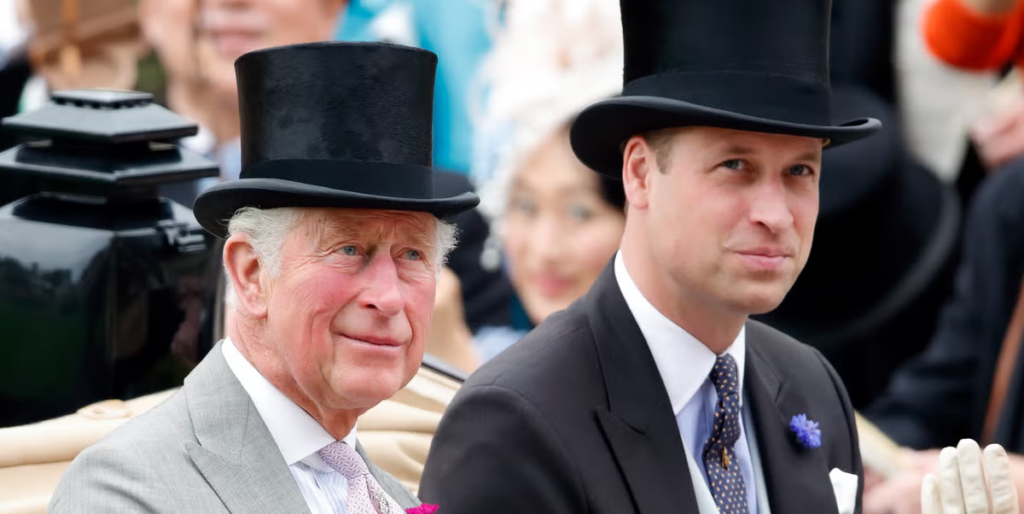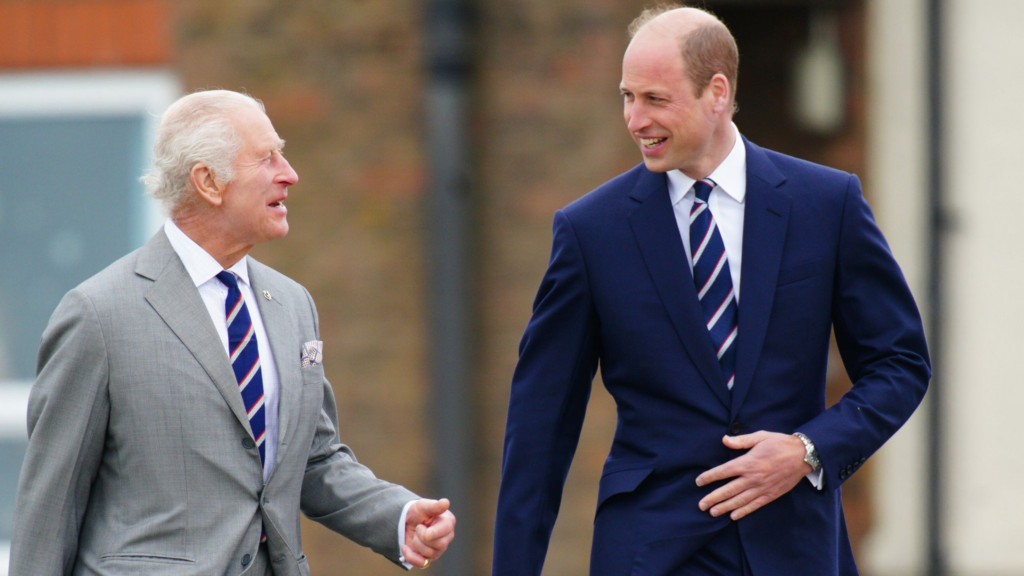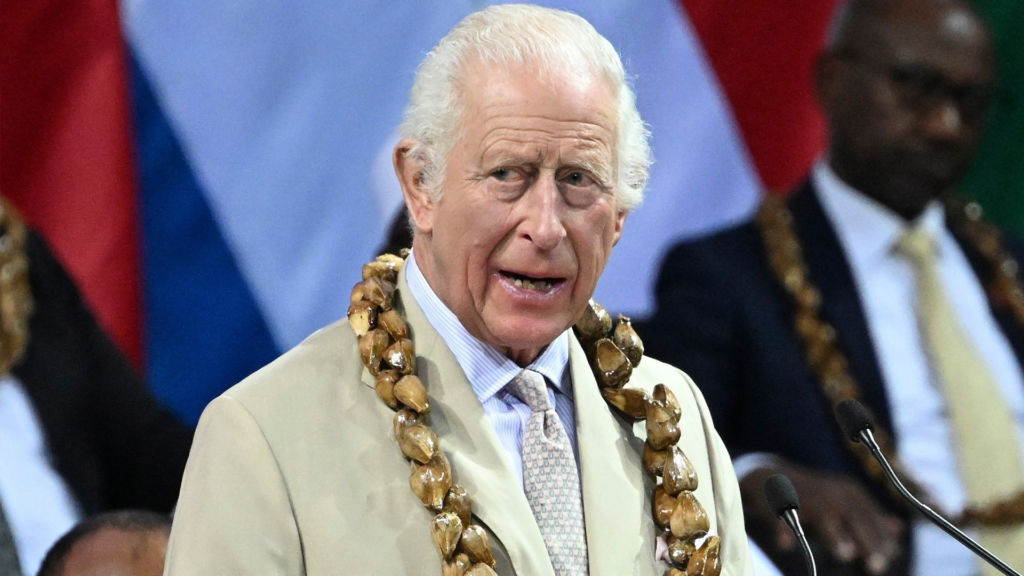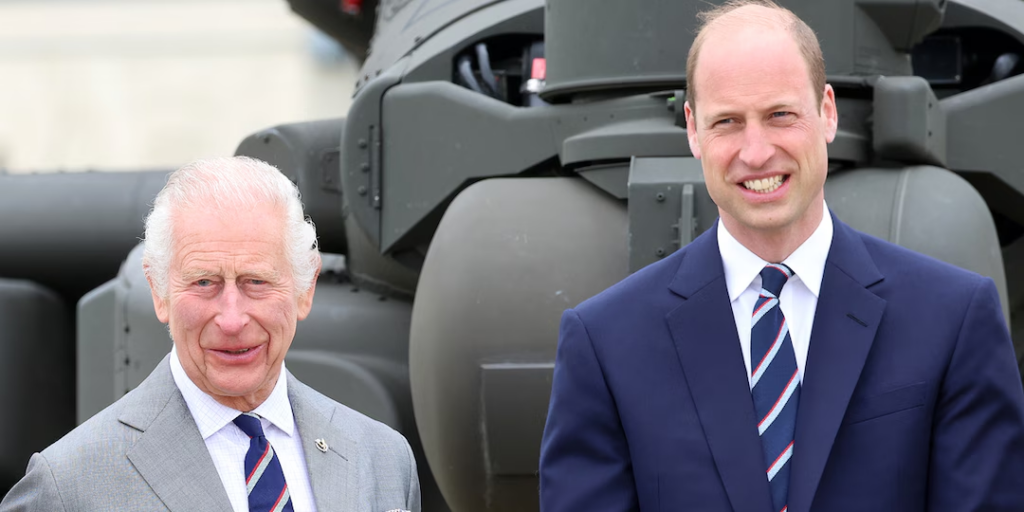Explore the controversial ‘black money’ flow from Prince William‘s Duchy of Cornwall and King Charles’ Duchy of Lancaster. Learn how these estates generate vast profits and the debate surrounding their financial transparency.

The Role of the Duchy of Cornwall in Generating Royal Wealth
Prince William’s Duchy of Cornwall is one of the most significant sources of income for the Royal Family, yet its operations remain shrouded in mystery. This sprawling estate, valued at over £1 billion, generates substantial profits annually, fueling discussions about its financial transparency.
The Duchy of Cornwall, established in 1337, primarily funds the heir to the throne. It comprises extensive landholdings, commercial properties, and agricultural businesses. These assets collectively contribute to an impressive revenue stream, making it a cornerstone of royal finances. However, critics argue that the lack of public oversight raises questions about potential ‘black money’ flows.
Reports suggest that the Duchy benefits from tax exemptions and unique privileges unavailable to ordinary citizens or businesses. While these advantages ensure steady profits, they also spark controversy about the fairness of the system.

King Charles’ Duchy of Lancaster and Its Financial Influence
Similarly, King Charles’ Duchy of Lancaster is another critical source of royal income, with an estimated value exceeding £652 million. This estate, independent of public funding, supports the reigning monarch’s private and public responsibilities.
The Duchy of Lancaster encompasses commercial properties, agricultural land, and even mineral rights. These diverse investments generate substantial annual profits, further bolstering the Royal Family’s wealth.
However, questions about financial transparency have also plagued this estate. Critics point to the secrecy surrounding its operations, suggesting that it allows the monarch to benefit from a ‘black money’ system that avoids conventional scrutiny. While defenders argue that the Duchy operates within legal bounds, the lack of accountability continues to fuel debate.

The Debate Over Financial Transparency and Public Accountability
The financial structures of both Duchies have drawn increasing public scrutiny in recent years. Critics question whether the Royal Family should enjoy such significant economic advantages without comprehensive oversight.
A key issue lies in the tax exemptions afforded to these estates. While they operate as profitable businesses, they are not subject to the same corporate tax rules as other entities. This disparity leads to accusations of unfair practices and the perpetuation of wealth inequality.
Moreover, the term ‘black money’ has been used by some to describe the opaque financial dealings associated with the Duchies. While there is no evidence of illegality, the secrecy surrounding their operations leaves room for speculation and mistrust.
Proponents of reform argue for greater transparency and accountability, calling for independent audits and the inclusion of Duchy finances in public records. On the other hand, supporters of the monarchy highlight the historical and constitutional role of these estates, asserting that their profits support essential royal duties.
The Duchy of Cornwall and the Duchy of Lancaster remain central to the Royal Family’s financial stability, but their operations are not without controversy. The debate over transparency and accountability continues to grow, with many questioning whether the privileges enjoyed by these estates are justified in a modern democracy.

Want to stay informed about the latest developments surrounding the Royal Family’s finances? Follow us for more in-depth insights and updates!


